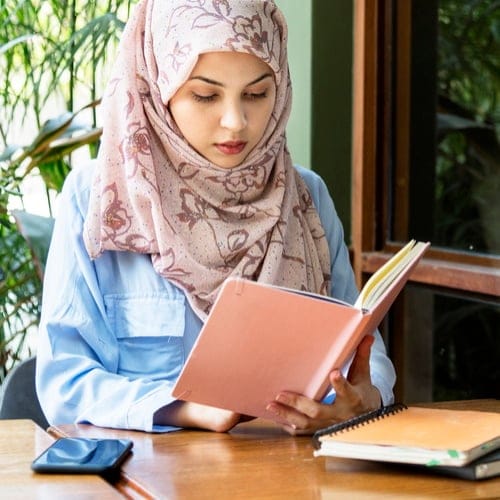Switzerland has voted in a referendum to ban Muslim women in the country from wearing the burqa or niqab in public. They join fellow European countries France, Belgium, and Austria in passing the controversial law after roughly 51% of Swiss residents voted in favor of the measure that forbids the complete covering of the face in shops, restaurants, and even on the street. However, the ruling does not apply to mosques or during events for “native customs,” The Guardian reports.
- The law doesn’t apply to face masks used to prevent the spread of COVID-19. While many have questioned if the new measure would mean people should not wear face masks in public, Switzerland says this isn’t the case and that the measure doesn’t apply to protective face coverings worn to prevent the spread of COVID-19. Other masks worn for health and safety reasons such as by firefighters or construction workers are also allowed.
- Many in the Swiss government were against the ban. Switzerland’s parliament as well as all seven members of its executive council that make up its federal government believed that instead of outright banning the burqa and niqab, the law should require that anyone wearing one lift the covering to confirm their identity when asked. They added that those who wore full-face coverings are a “fringe phenomenon,” making the referendum unnecessary.
- Muslim groups have hit back at the controversial ruling. Ines Al Shikh, a member of Les Foulards Violets, a Muslim feminist collective, believes the move is “clearly an attack” against the Muslim community in Switzerland and that its purpose is simply to “stigmatize and marginalize Muslims even more.” The Swiss Federation of Islamic Umbrella Organisations added in a statement: “This symbolic policy is directed against female and male Muslims. But it also damages the whole of Switzerland, which has undermined its own values by accepting the initiative.”
- Switzerland’s government insists its intentions are pure. In a video posted on the Swiss government’s website, the main argument for the ban of the burqa and niqab is that “religious veils like the burqa or the niqab are a symbol of the oppression of women and aren’t suitable to our society.” However, I’m sure many Muslim would argue that they aren’t forced to wear these items but that it is a vital part of practicing their faith that makes them feel strong, confident, and connected to Allah. This should be personal choice, but not the Swiss government’s.



